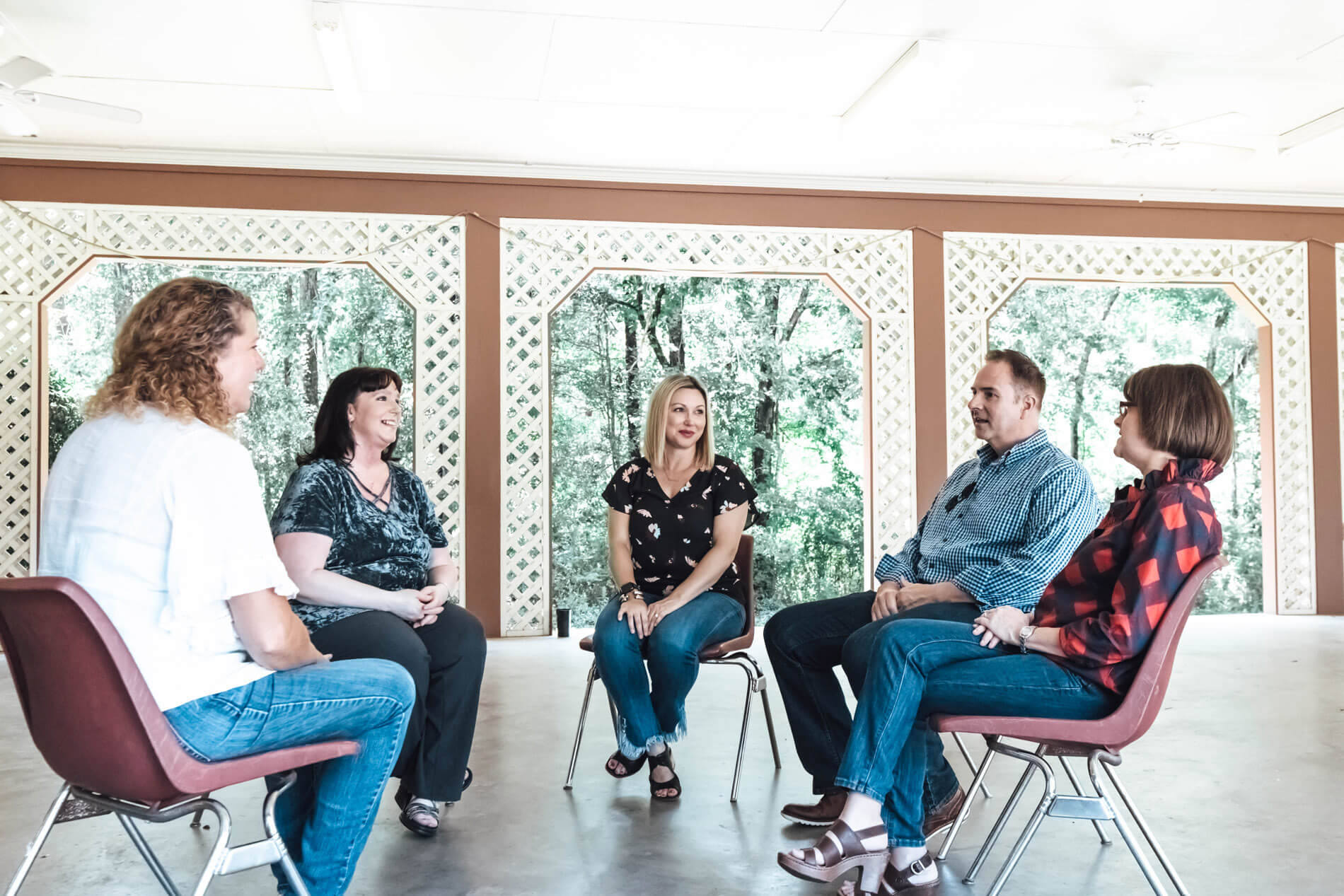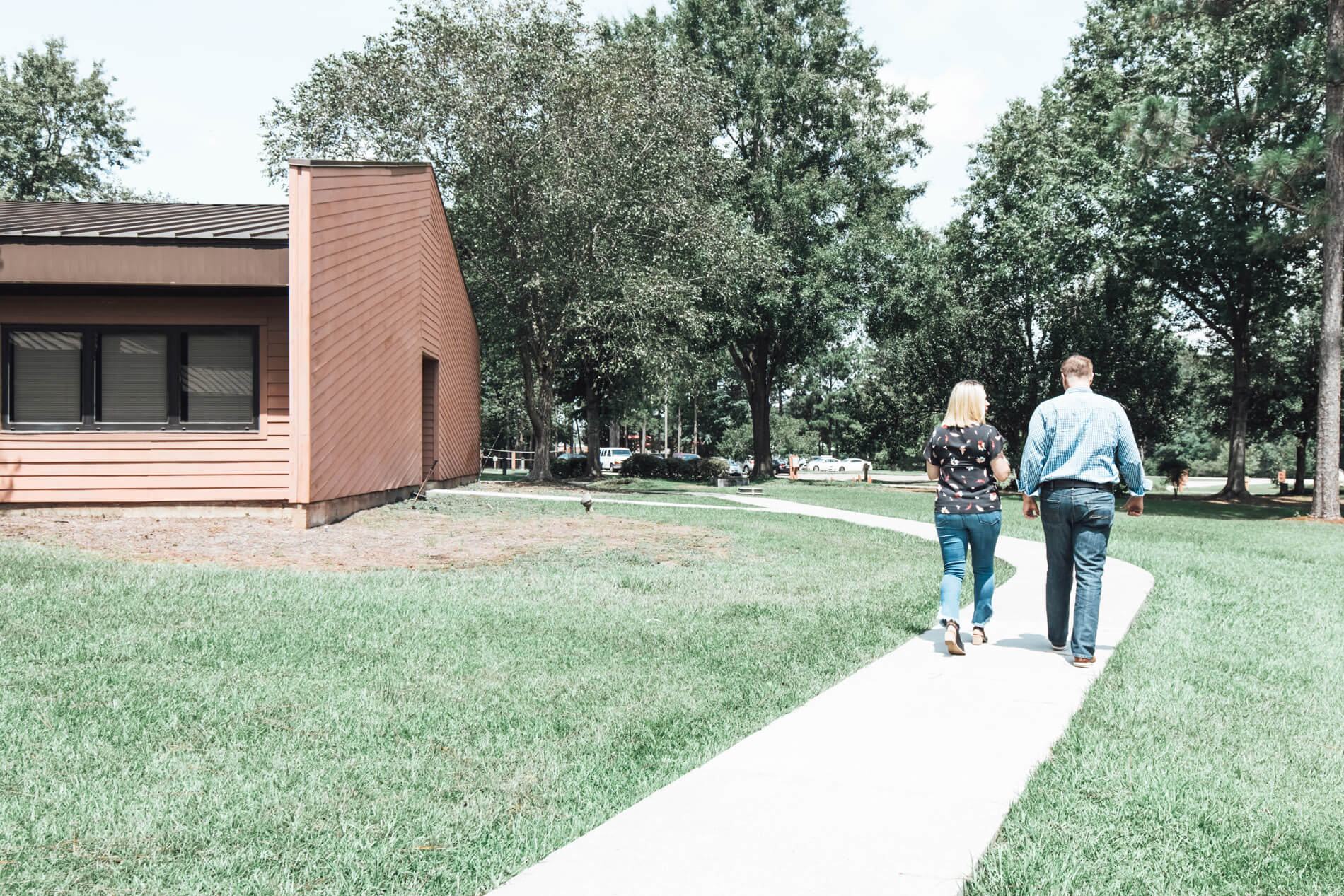How to Talk to Children About Coronavirus
Talking to Your Child About Coronavirus
The COVID-19 pandemic has even the bravest among us feeling anxious about the future. It doesn’t help that news coverage is centered solely on this topic, resulting in a constant flow of information about death tolls, ventilators, and shelter-in-place orders. Many parents find themselves wondering how to tell their children what is going on – say too much, and you can cause concern, but say too little and the very real problems around us will seem trivial. Luckily, Harvard University and the Centers for Disease Control and Prevention (CDC) have put together some helpful tips for how to talk to children about coronavirus.
Above All, Remain Calm
This is the CDC’s top piece of advice. Even though you’re probably anxious about the health of your family or the status of your employment during this time, it’s vital to remain calm in front of your children when talking about the coronavirus. When things are uncertain, children will look to you to determine how afraid they should be. They will react to both what you say and how you say it. Keep your composure and make yourself available to listen to their concerns.
Answer Your Child’s Questions About Coronavirus
Before jumping into a discussion with your child, first try to figure out what they already know about the virus. You can then answer questions or fill in gaps in their knowledge. Be sure that you do this in an age-appropriate way; children will not be able to retain or process convoluted explanations or extremely nuanced facts and figures.
If your son or daughter has heard some questionable information, you can also check out the World Health Organization’s page that addresses myths and rumors about COVID-19.
Provide Just Enough Appropriate Information
Jacqueline Sperling, PhD, advises parents to consider how much they’re telling their children about COVID-19. “Try to strike a balance between answer questions well enough without fueling the flame of anxiety,” she wrote in a recent blog post. “Children have elaborate imaginations that may lead them to create unnecessarily catastrophic stories in their minds if parents do not talk enough about this… at the other end of the spectrum, providing too much information may cause extra alarm.”
To effectively measure the amount of information you’re providing, think about what your child absolutely needs to know in order to understand what the virus is and what to do about it. If you’re unsure of the facts, visit the CDC’s website, which has a vast array of resources available about coronavirus. Be sure that you are honest and accurate with your explanations; additionally, let your child know that the posts they see online or on television may be influenced by rumors or inaccurate information.
Pay Attention to What They See and Hear
News programs have released a constant stream of information about COVID-19, and it’s also being posted about constantly on social media and other outlets. Try to limit the amount of coronavirus-related screen time for both yourself and the younger members of your family. This will help you to avoid overwhelming anyone with information or anxiety.
Teach Your Child to Reduce the Spread of Germs
It is important to have a few action items for your child during this time. The CDC recommends the following:
- Teach proper handwashing habits, using hand sanitizer if no soap and water are available
- Remind them to cough or sneeze into a tissue or their elbow
- Let them know that they should stay away from people who are coughing, sneezing, or sick
- Discuss any new actions being taken due to the outbreak (increased handwashing, event or school cancellations)
Coronavirus Talking Points
The CDC has also released simple, effective talking points about COVID-19 that can be used for discussions with children of all ages. They advise you to review these notes and to remind your child that health officials are working to keep everyone safe during this time.
What is COVID-19? This is the short name for “coronavirus disease 2019.” It is a new virus and doctors are still learning about it. Recently, this virus made a lot of people sick. Scientists think that most people will be okay, especially kids, but some people may get very ill.
What can I do so that I don’t get coronavirus? Practice healthy habits (see list above) and keep things clean. Note: older children can help to clean the things we touch the most, like desks, doorknobs, and light switches.
What happens if you get sick with COVID-19? It affects different people in different ways. For some people, it’s like having the flu. They have a fever, cough, or can’t breathe deeply. Most people who have gotten it have not gotten very sick, but a small group have had more serious problems. From what doctors have seen so far, children don’t seem to get very sick.If you do get sick, it doesn’t mean you have coronavirus. People can get sick from all kinds of germs. If you’re sick in any way, the adults at home and school will help you get any help that you need.
We’re Here for You
We understand that it can be challenging to know how to talk to children about coronavirus. If you need assistance, especially if your child has participated in one of our programs, Pine Grove encourages you to reach out today.







